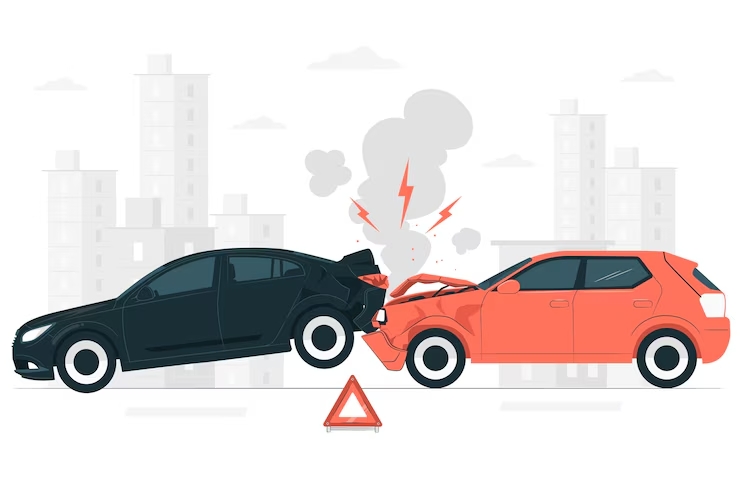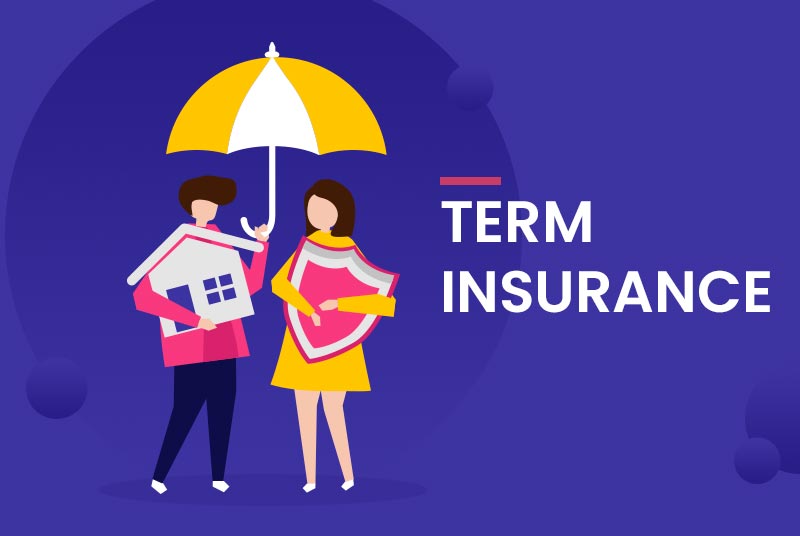
Homeowners Insurance – A Complete Guide to Protecting Your Property and Peace of Mind
Homeowners insurance is not just a formality for mortgage approval—it’s your primary defense against devastating financial losses. Whether you’re a first-time buyer or a seasoned homeowner, understanding how this insurance works and how to get the best deal is crucial. This guide explores everything you need to know to secure a policy that offers protection, peace of mind, and affordability.
Table of Contents
- What Is Homeowners Insurance?
- What Does Homeowners Insurance Cover?
- Common Exclusions:
- Types of Homeowners Insurance Policies
- How Much Coverage Do You Need?
- How Much Does Homeowners Insurance Cost?
- Tips to Save on Homeowners Insurance
- Best Homeowners Insurance Providers (2025)
- Real-Life Scenario: How Insurance Saved a Family’s Home
- Mistakes to Avoid
- Conclusion
What Is Homeowners Insurance?
Homeowners insurance is a policy that protects your home and possessions from risks like fire, theft, vandalism, and natural disasters (depending on the policy). Further, it also includes liability coverage in case someone is injured on your property. Therefore, most lenders require it, but even without a mortgage, it’s essential for financial security.
What Does Homeowners Insurance Cover?
Typical homeowners insurance includes:
- Dwelling Coverage: Repairs or rebuilds your home if damaged by covered events (e.g., fire, hail).
- Other Structures: Covers structures like fences, garages, or sheds.
- Personal Property: Reimburses for stolen or damaged belongings inside the home.
- Loss of Use: Covers living expenses if your home becomes uninhabitable.
- Liability Protection: Protects you if someone is injured on your property.
- Medical Payments: Covers minor injuries for guests, regardless of fault.

Common Exclusions:
- Floods (requires separate flood insurance)
- Earthquakes (often needs an endorsement)
- Normal wear and tear
- Pest damage
Types of Homeowners Insurance Policies
There are several forms of homeowners insurance (HO-1 to HO-8), but the most common is HO-3 (Special Form):
- Covers all risks to your home except those specifically excluded.
- Personal property is typically covered on a named-perils basis.
How Much Coverage Do You Need?
In short, to determine the right amount:
- Calculate the replacement cost of your home, not market value.
- Make a home inventory of personal belongings.
- Consider your liability exposure if someone is injured.
- Factor in living expenses if displacement is likely in your area.
How Much Does Homeowners Insurance Cost?
Premiums vary depending on:
- Location: High-risk areas (e.g., hurricanes, wildfires) cost more.
- Home Size & Age: Larger and older homes generally cost more to insure.
- Construction Type: Brick or fire-resistant materials can lower premiums.
- Claims History: Multiple claims may raise your rates.
- Credit Score: A higher score can lead to lower premiums.
Tips to Save on Homeowners Insurance
- Bundle with Auto Insurance: Many insurers offer discounts.
- Raise Your Deductible: Higher deductibles lower your premium.
- Improve Home Security: Install smoke detectors, alarms, and deadbolts.
- Avoid Small Claims: Preserve your claims history to avoid premium hikes.
- Shop Around Annually: Compare rates and coverage every year.
Best Homeowners Insurance Providers (2025)
- State Farm: Strong nationwide coverage, customizable policies.
- Allstate: Great digital tools and discounts.
- Lemonade: Best for tech-savvy users wanting fast, online coverage.
- Amica Mutual: Known for top-rated customer satisfaction.
- USAA: Best for military families.
Real-Life Scenario: How Insurance Saved a Family’s Home
After a major windstorm in Texas, the Martinez family’s roof was severely damaged. Their State Farm homeowners policy covered the full replacement cost, including temporary accommodations during the repair period. Therefore, without it, they would have faced over $20,000 in out-of-pocket expenses.
Mistakes to Avoid
- Underinsuring Your Home: Use replacement cost estimates, not market value.
- Skipping Add-Ons: Consider flood or earthquake coverage based on location.
- Not Updating Coverage: Adjust your policy after renovations or purchases.
- Choosing Based on Price Alone: Cheapest isn’t always best—ensure coverage fits your risk profile.
Check our pinterest account, check our articles & save money !
Conclusion
In conclusion, homeowners insurance is more than a policy. Further, it’s a financial safety net. Therefore, by understanding what it covers, how pricing works, and what to look for in a provider, you can secure a policy that protects your most valuable asset. Then, don’t wait for disaster to strike—compare options today and invest in peace of mind.
Need a quote? Contact us now and find the best rate for your property.












